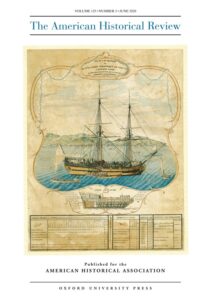Historiographical Introduction
The Devil Lives in Haiti is driven by two notable absences in the current market for Haitian history, Haitian analysis, and poverty studies. First, it rediscovers the lost world of Saint-Domingue, a fascinating biracial society unknown to many Americans. Secondly, it is unforgiving in its exploration of the missed possibilities for Haitian prosperity. A wide literature, both academic and general, isolates problems of inadequacy in education, agriculture, and civil society without historical depth. For example, Alix Michel, in his 2015, “ Condamne ́ Á La Pauvreté: Une Analyse Des Causes De La Misère Effroyable Du Peuple Haïtien blames over-reliance on foreign aid for Haitian poverty in his synopsis.
 The delay of international recognition, hypothetical Western racism, and the endurance of the Atlantic slave trade in the shadow of Haitian victory are the three focal grievances of The American Historical Review of 2020. It is these grievances that command the labors of prominent Haiti specialists including Julia Gaffield, Mary Dewhurst Lewis, and Manuel Barcia. Lost among these energies is the recognition that the story of Haiti is one of unprecedented environmental and economic reversal. Haiti’s superlative poverty, then, is one of the casualties of their hyper-selective attentions.
The delay of international recognition, hypothetical Western racism, and the endurance of the Atlantic slave trade in the shadow of Haitian victory are the three focal grievances of The American Historical Review of 2020. It is these grievances that command the labors of prominent Haiti specialists including Julia Gaffield, Mary Dewhurst Lewis, and Manuel Barcia. Lost among these energies is the recognition that the story of Haiti is one of unprecedented environmental and economic reversal. Haiti’s superlative poverty, then, is one of the casualties of their hyper-selective attentions.